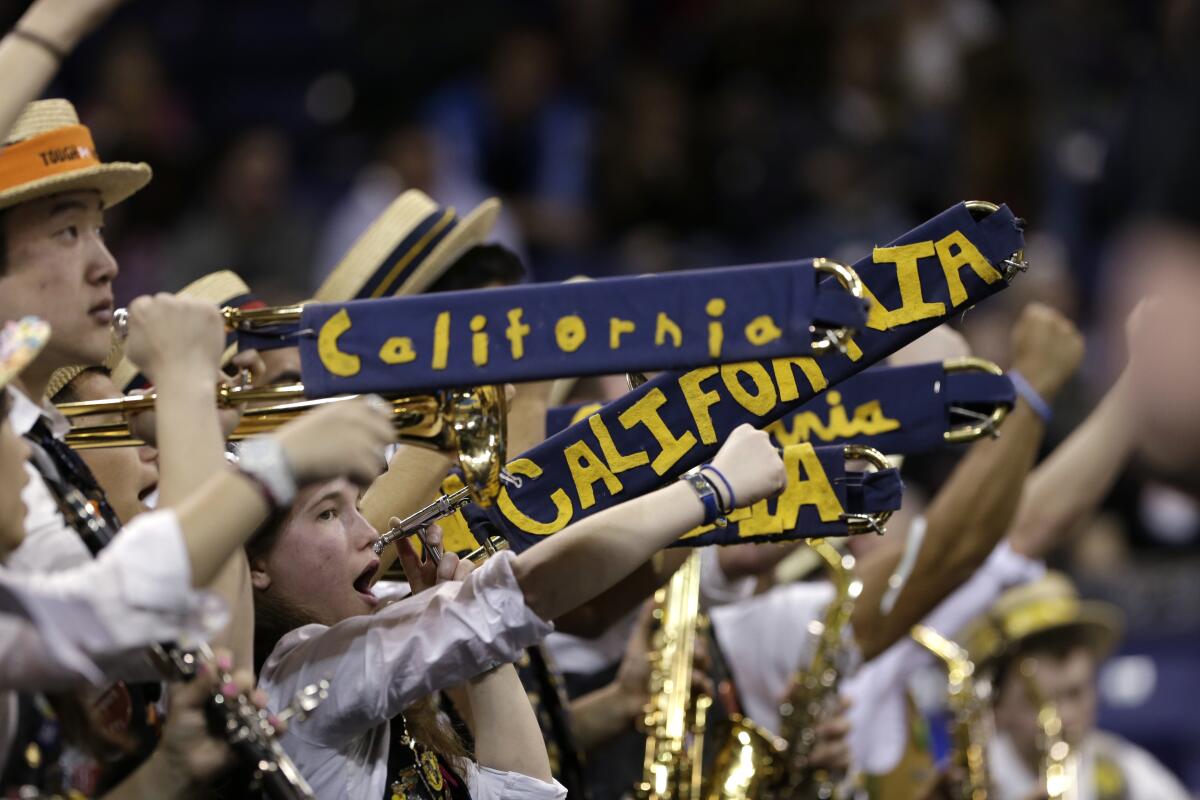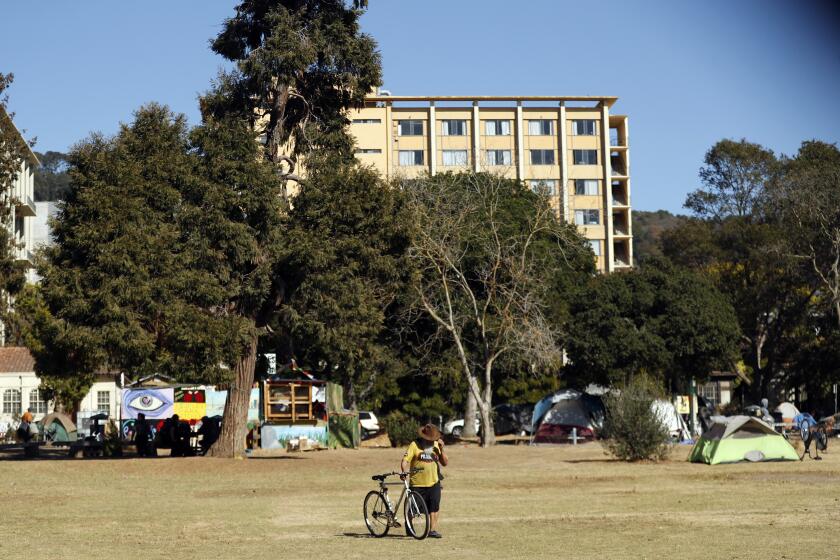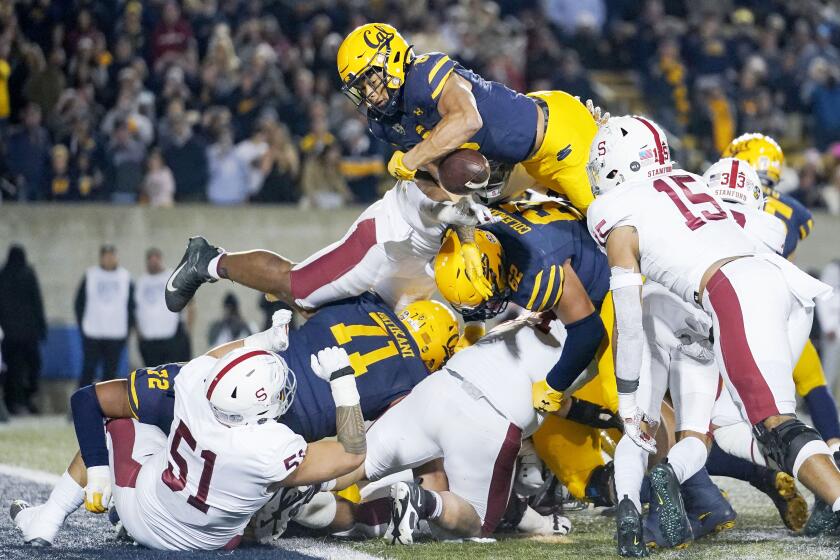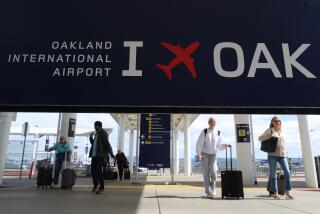Do you call it Cal or Berkeley? UC school may rebrand to Cal Berkeley for sports

Earlier this month, The Times ran a news story about a proposed housing project at UC Berkeley.
About the same time, the Sports section featured the news of the university’s upcoming move from the Pac-12 to the Atlantic Coast Conference. The headline: “Stanford, Cal and SMU join the ACC, potentially cementing the death of the Pac-12.”
Some readers may not have realized that UC Berkeley and Cal are the same school.
So the university formed a task force in August 2022 to examine the confusion that might be caused by the widespread use of different names for the institution, with “Berkeley” or “UC Berkeley” commonly used in reference to academics and “Cal” or “California” regularly used regarding athletics. The task force made its recommendations to the university in December and released the results this month.
And, yes, there appears to be quite a bit of confusion over the school’s identity — so much so that the task force recommended that “the campus take bold action to alleviate confusion, enhance the institution’s reputation and better position the campus for the future.”
The law’s passage comes amid a housing crisis affecting students in the UC system. It could ease the way for housing at Berkeley’s People’s Park.
That would include rebranding the university’s athletics identity to “Cal Berkeley.”
“Having two distinct identities for one entity is highly problematic from a branding perspective,” the task force wrote. “Some people do not realize that Berkeley and Cal are the same university, which means that the breadth of the institution is lost on them. Others may know that it is one university but continue to form independent associations with each name due to the way the identity is bifurcated.”
According to research by the task force, 66% of Americans, 36% of Californians and 21% of Bay Area residents didn’t know or weren’t sure that the names “Berkeley,” “UC Berkeley,” “Cal Berkeley” and “Cal” referred to the same place.
Times policy regarding references to the university in articles could have been listed as Exhibit A in demonstrating the cause of such confusion. The style guide states that UC Berkeley should be used — except in Sports stories, in which “California” is acceptable for a first reference to the school and “Cal” in subsequent references.
Stanford and Cal have found new homes in the Atlantic Coast Conference, leaving just Washington State and Oregon State behind in the Pac-12.
The task force found that “Berkeley” is most strongly associated with “academic excellence” and is seen as “the global brand.” On the other hand, “Cal” sometimes can transcend sports and is considered an “affectionate nickname,” although people are “much less familiar” with that name than any of the iterations that involve “Berkeley.”
One recommendation suggests that the university “adopt a unified campus brand strategy and framework that allows the Berkeley and Cal identities to coexist in an interconnected ecosystem. The framework should include common elements such as colors, graphics and typography that establish unity across all campus contexts.”
That said, however, the task force also recommends “Berkeley” should be elevated “as the principal campus brand” in regard to academics and most other contexts outside of sports. The recommended switch to “Cal Berkeley” in sports would be in both name and logo and would involve the development of “a visual identity that clearly communicates this shift.”
“Having two distinct identities has interfered with efforts to create a sense of belonging on campus,” the task force wrote. “Some students, such as student athletes, feel excluded from the Berkeley identity because they’re only allowed to use Cal in athletics contexts. Similarly, affinity groups have expressed concerns that current restrictions on the use of the Cal name hinder their equity and inclusion efforts.”
Jessi Fernandez, a onetime gang member from Los Angeles, is part of a swelling pipeline of ex-convicts who make it to a UC or Cal State and find an unexpected path forward.
More to Read
Sign up for Essential California
The most important California stories and recommendations in your inbox every morning.
You may occasionally receive promotional content from the Los Angeles Times.














